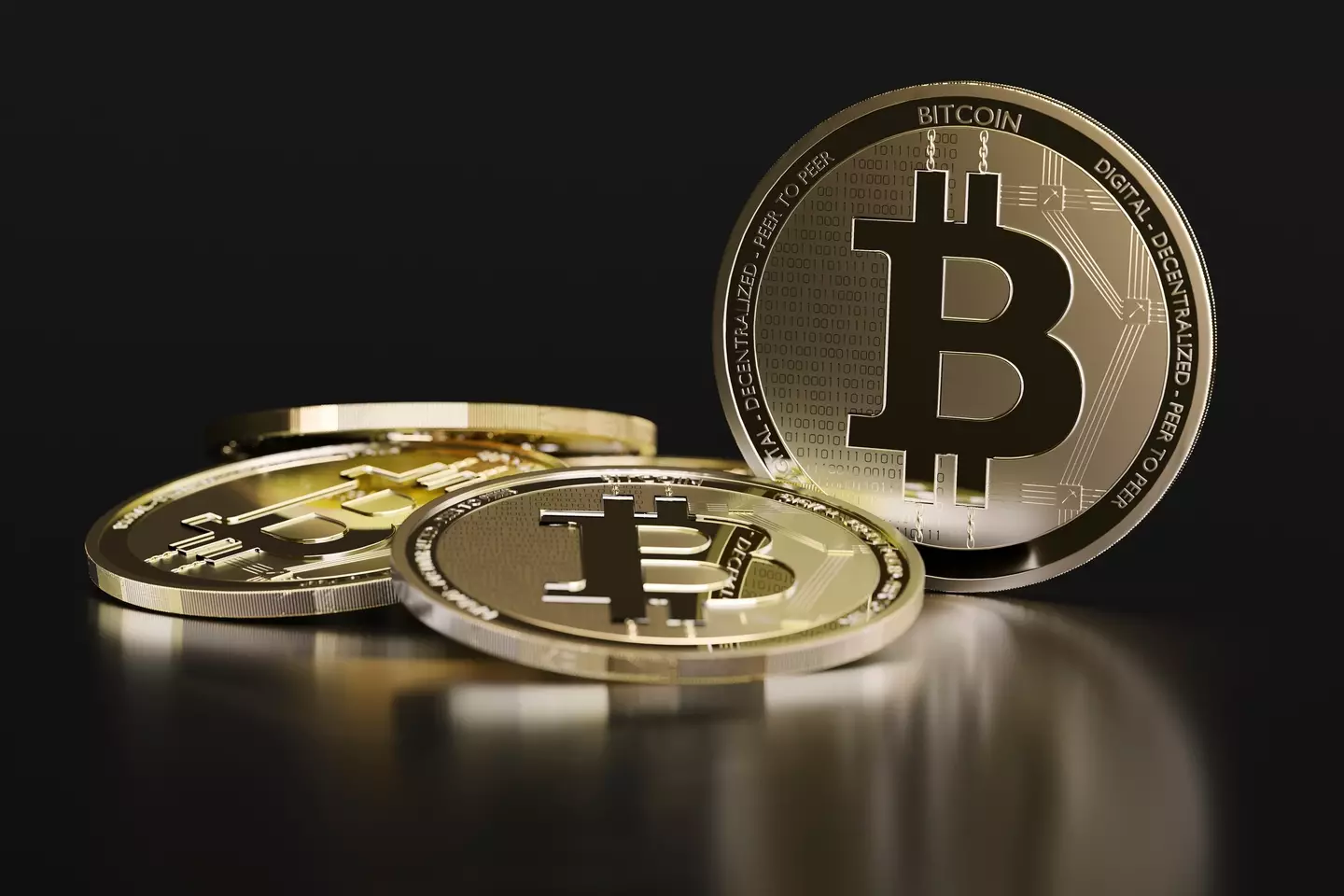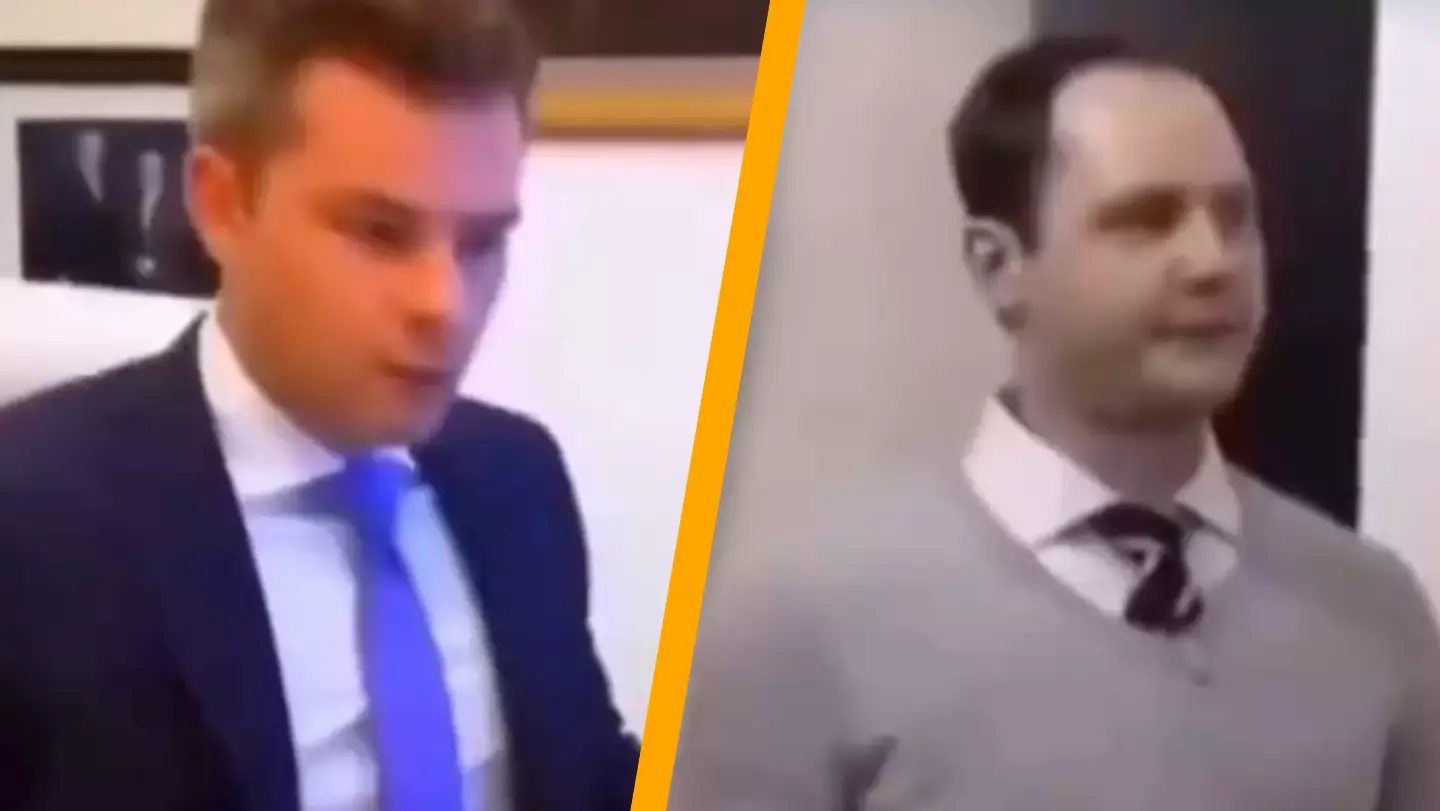A man who once refused a Bitcoin offer on a property is now deeply regretting his choice.
Bitcoin, created in 2009, was still in its early stages in 2015, and many were hesitant to invest in the cryptocurrency.
Fast forward to 2024, and those who chose to invest in Bitcoin are reaping significant rewards.
Currently (as of September 26), Bitcoin’s value stands at over $63,000, a substantial increase from $26,298.63 just a year ago.
Given this annual rise, one can only imagine the growth over nearly a decade.
In 2015, in an episode of Million Dollar Listing New York, estate agent Ryan Serhant received an offer of 50,000 Bitcoin for a two-bedroom apartment listed at $14 million, with the Bitcoin equivalent then being around $13 million.
When Serhant presented this offer to the seller, the reaction was far from pleased.

During the episode, Serhant’s client remarked: “You sent us an offer in Bitcoin? I’ll be totally honest with you Ryan, that’s not even the biggest problem. This offer’s a million dollars below ask!”
So, it’s safe to say the offer was declined.
Although the seller’s decision might have seemed right at the time, he and Serhant are likely regretting it now, as that 50,000 Bitcoin offer would be worth over $3 billion today.
Another individual lamenting his past decisions is James Howells, who discarded $190,000 worth of Bitcoin, which would be worth much more now.
In 2013, Howells accidentally threw away a hard drive containing 8,000 Bitcoin.
Given the current value of Bitcoin, that amount is now worth millions.
In light of this, Howells has been tirelessly searching for his hard drive, believing it to be in a landfill near his home in Newport, Wales, UK.
“I’ve narrowed down the area where I need to dig, based on the amount of time that’s gone by,” he told BBC News. “It’s a disused section of the site – 100,000 tonnes of a total 1.4m tonnes.”

Howells is optimistic that artificial intelligence may aid in his long search.
“I’d then take the landfill to a unit where it’ll be placed on a conveyor belt and subjected to an AI scanning system,” he told the outlet last year.
“And if the AI recognises anything that looks like a hard drive it’ll be flagged and removed.”
Good luck, James.

